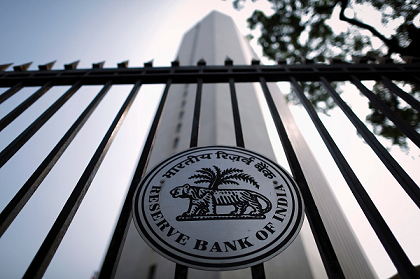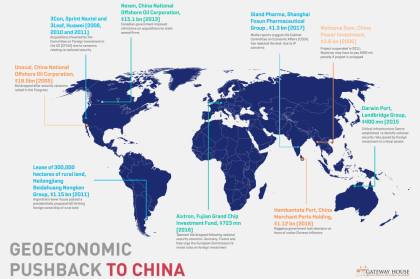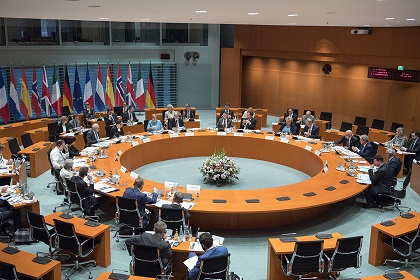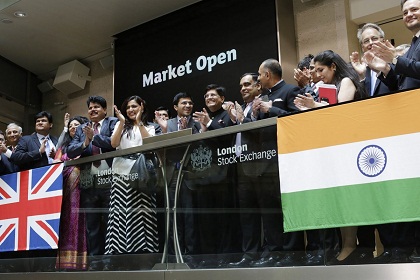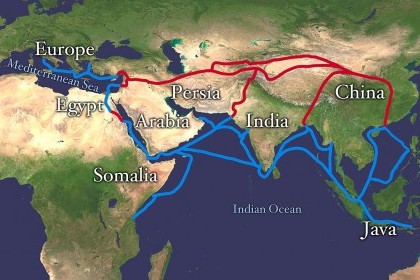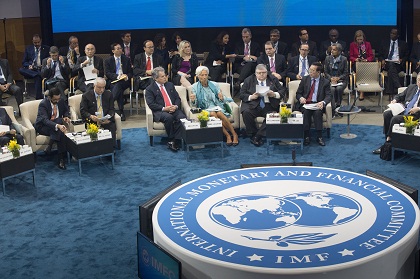India’s public sector banking at 70
Government ownership of the Indian banking system has brought upon it a host of governance issues in the seven decades since independence: the Non Performing Asset crisis is a symptom of this, and clear indication that the system needs restructuring

